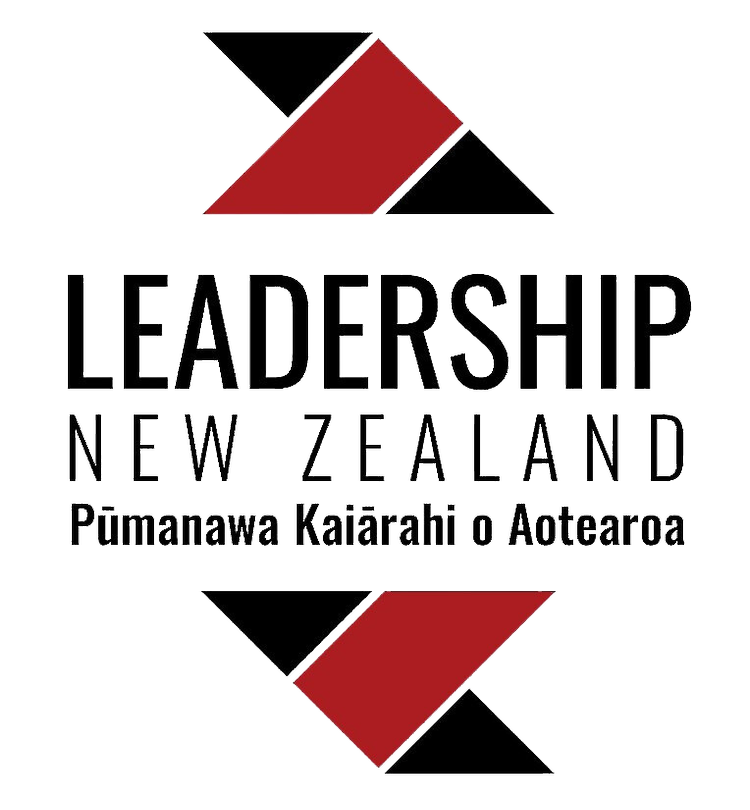by Hayley Sheilds, Deputy Director International Marketing & Business Development at University of Auckland
Returning to Wellington, the place of my childhood, is always tinged with a distant familiarity. What a great little city. Appropriately the Session 7 theme was Governance for the 21st Century. Expect the unexpected with Leadership NZ and this session was no exception. I made it to the Wellington Alumni gathering the night prior, enjoying the thread that connects the alumni whanau that is the collective experience of Leadership NZ. I was fortunate to be hosted by one of my cohort friends with all the comforts of home and wonderful company.
I admit to being reticent about Day One at NZ Defence HQ and how that was going to facilitate conversation on governance and diversity. A pacifist and non-violence advocate I do struggle with the rhetoric of aggressive peacekeeping. The invitation with Leadership NZ is to show up with an open mind and so I did. Deputy Chief of Army Brigadier Parsons shifted more than a few of our preconceptions and stereotypes. Defence is big business and must be governed as such. Within a framework of discipline, soldiers need to be responsive, innovative decision makers. He shared his passion about what a career in defence service can do for young people looking for direction in life. The Army can take a boy from a small northland community and turn him into a man, a warrior, and a leader. All round top men and women, no question.
Louise challenged us to explore power in relationships and our relationship with power. Chaos and structure, yin and yang, feminine and masculine dualities. Chaos theory says if you can stay in the chaos long enough a new order will emerge. I reflected on my relationship with my own power and experience of power. The use, misuse and abuse of power in relationships, in organisations and indeed in government. Empowerment as an enabling use of power.
Outgoing Mayor Celia Wade-Brown surprised us with her humility and honest reflections on her six years in office. Stories of hope, conflict, wins, failures and keeping it real. And bicycles.
A change of pace and next stop, the Strike percussion workshop; chaos in action out of which a new order emerged. There’s just something about the primal beating of the drum, rhythm, noise, vibration that glued a grin to my face I just had no control over. It was a tribal performance, concentrating on the echo and call. I bloody loved it! And when the energy subsided in that space we witnessed two raw, powerful, masculine life stories that once again moved our hearts.
Day Two at Toi Whakaari NZ Drama School and more memories of the venue circa 1983 and Bono at my first U2 concert dancing around in green tights. A session on Power and Leaning into Difference, with Alumni Penny Fitt and Adam Cooper along with Teina and NgaPaki Moetara, founders of the Ruku Ao Leadership Initiative. Teina invited us to open up to what we can learn from Te Ao Maori collaborative ideas and protocols, how we can use diversity to leverage power. How we can work with difference and ambiguity in leadership and governance. Diversity is a loaded word. I resonated with the proposition that diversity lies within me rather than with other. How diverse is my thinking and therefore my capacity for empathy and understanding? Don't we meet diversity every time we meet another? Does diversity then not become a conversation and practice of inclusion in that case?
A power panel of women in leadership followed to share stories, insights and experience of gender and diversity in governance. Stories that at times made my hackles rise and my jaw drop. On the eve of the anniversary of women’s suffrage in NZ, gender equality is still elusive in governance and I ponder how the suffragettes would feel about that 123 years after they fought for NZ women’s right to vote. Equality in law is only ever the beginning; shifting cultural paradigms requires generations of women to keep up the fight to be included and heard.
The two days in Wellington left me, as I have often felt with Leadership NZ, a little chaotic, thrilled, reflective, rattled and nurtured in equal measures.

